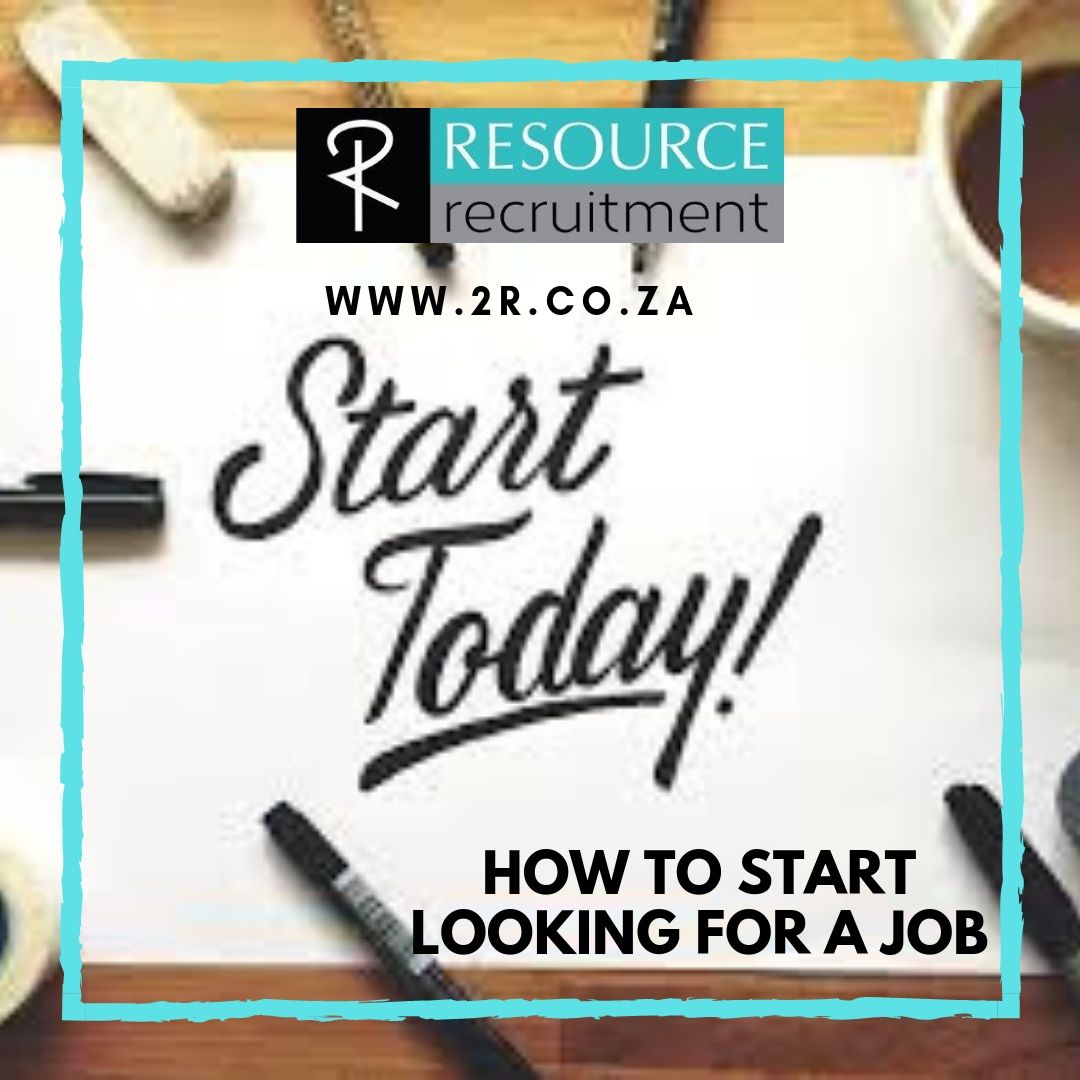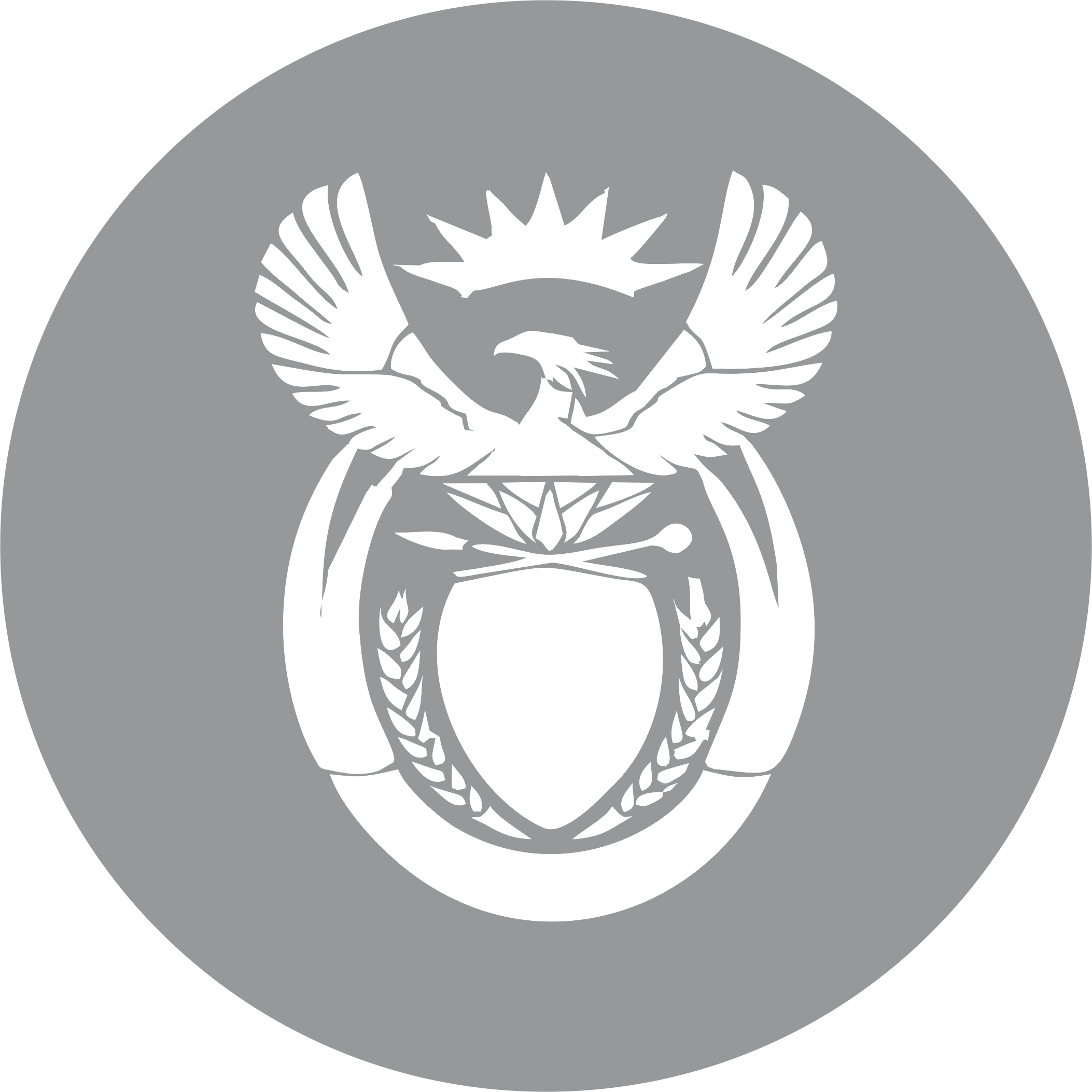
22 Aug START TODAY
Looking for a job can be overwhelming, especially when you have been forced into the job market. There are so many things that you can do, yet it seems impossible to get started.
When you are trying to accomplish any goal, it is important that you have a map. You need to know where you are, where you are going, and what “landmarks” you need to pass to get there.
If you don’t know where you are, how can you start?
If you don’t know where you are going, how will you know when you have arrived?
And, breaking the job seeking- journey into smaller goals, or “landmarks” makes the whole journey a lot less overwhelming.
Start with where you are at?
The first thing that you need to do, is to draw up a CV. You need to make a list of all the things that have gotten you to this point. I will address this in more detail in the next newsletter, because the topic is big enough for its own newsletter, but start by downloading the free template off our website, or using one of the templates in either www.canva.com or MS Office. Don’t think about it, or you will get overwhelmed! Just download the template and start data capturing. You will find it is a lot easier than you thought. Put as much detail as possible and make it as detailed as possible. You can edit it later, but for now, just let your mind run wild! We have a saying in recruitment- if its not on your CV, you never did it! (Read the next newsletter on how to prepare a CV, and edit the information before sending off this version).
Where are you going?
Job seekers are under the impression that they need to have it all figured out. They need to know the title and the job description of the job they are wanting…. And no one ever does… so they suddenly get stuck. Let go of the unrealistic notion that you will know what you dream job is called, or even what it is. I have been in recruitment for 20 years, and every day I get a new job across my desk that I did not know existed. The marketplace is changing faster now than it ever has, and looking for a specific job or job title, is limiting.
That said, you still need to know where you are going. You need to know who you are and want you are good at. Ask yourself the following questions:-
- What duties did I love about my last job? Or, if someone phoned your previous boss or work colleagues, what would they say your greatest strengths were? (These will be your strengths and what you want more of in your next job).
- What duties did I hate about my last job? Or, if you could have given one part of your last job to someone else to do, what would it have been? (These will be your weaknesses, and things you want to avoid.)
- Which company that you have worked for was your favourite, and why? (This is the type of company you want to work for.)
- Which was the best and worst manager that you have worked for? (This is the kind of management style you enjoy).
When you combine all the skills and experience that you brain stormed and put on your CV, and add it to the answers of these questions, you have your destination.
Easy.
You don’t need to know the title, but you do need to know what it looks like. You need to be able to do to an interview, and say, “I am open to all possible positions that match my skills and experience, but I have found that I have always been really good at ….., and don’t really enjoy….. Put me in a company where I have a mentor/ can work independently, and I will excel.”
The Landmarks
These are the next things that you need to do:-
- Draw up a comprehensive CV (NOT two pages), and possibly more than one version of it depending on the job you are applying for. (see CV Newsletter)
- Set the privacy settings on your social media accounts, especially Facebook, and update your LinkedIn profile. (This is important- future employers WILL cyber-stalk you!)
- Upload your CV onto as many job portals as possible. The more people who have your CV, the quicker you will find a job. Job portals are the fastest way to get your CV out there. The main job portals in KZN are pnet.co.za; www.careers24.co.za; www.careerjunction.co.za www.executiveplacements.co.za; www.jobmail.co.za Complete these application forms in full and in detail! (See the newsletter on online portals to find out why).
- Brainstorm a list of companies that may benefit from your skills, visit their websites and send them your CV. A lot of companies also have a “careers” section on their website, where they advertise positions.
- Use social media. Whether you like social media or not, this takes discipline. Set yourself a goal to spend a set amount of time specifically looking for a job- not getting sucked into all the other stuff happening out there! Facebook has fantastic groups dedicated to job seeking that you can join; and employment agencies have pages where they advertise jobs. On Instagram you can follow hashtags, companies and recruitment agencies. On LinkedIn you can network and you will be surprised that people will start connecting with you as soon as you get active. If you are confident enough, you can even “advertise” that you are looking for a job on these platforms. There are also a number of Whatsapp Groups that broadcast job vacancies (you can join RESOURCE recruitments group by messaging your name to 063 716 7062), and websites like Gumtree that have pages of vacancies.
- Activity breeds activity. Few people find a job the day they put their CV online, or even in the first few weeks. This is a process, which is why you need to start TODAY. You will have plenty of opportunity to go back and edit and add to your CV, update your profiles on your portals, and each interview you attend you will learn more about the kind of job you are looking for. But start TODAY. And then once you are out there, set yourself weekly goals of how much time you will spend online and updating your CV, how many CV’s you will send out and how many phone calls you will make. Do it yourself- don’t let family members do it do it for you.
- Get out there. The final step in looking for a job, is to know when you have done enough for the day. You need to actively look for a job each day or week; you need to check your emails daily and jump at the opportunity for an interview. But, you also need to have a balanced life and not get overwhelmed by the job seeking process. Volunteer for an organization. Work for free for a friend’s company to gain a different type of experience. Take on temp assignments. Join social groups like Park Run, running, yoga and gym clubs; church courses and groups; community projects or anything else that gets you interacting with different people and keeps your mind positive. Surround yourself with people that build you up. I can pretty much guarantee that binge watching TV series will not get you a job, make you happy, or be something you can talk about at the next interview you attend.
- Stay positive. The last one is the most important one, and one that takes daily work. Stay positive. People like happy people, and people employ people they like. Often anxiety and stress is disguised as procrastination. The only way to beat anxiety and stress, and keep moving forward, is to keep positive. And the best way that I personally know of to stay positive, is to write down five things a day that you are grateful for; get out and physically active (when last did you walk around the block?); and surround yourself with positive people- physically and on social media.
Don’t worry about tackling everything at one time, or getting it right the first time. Don’t worry about knowing all the answers or what you want to be. Don’t worry about how long it will take to find a job, or what will happen if you don’t. All these things are in the future, and you have no control over it. It’s a complete waste of your time and energy and leads to anxiety and depression. You do have control over today, so start today! Draw up that CV. Put your CV online. Set yourself job seeking goals (write them down and keep a track of them). Get out there and start networking and speaking with real people. Stay positive.



